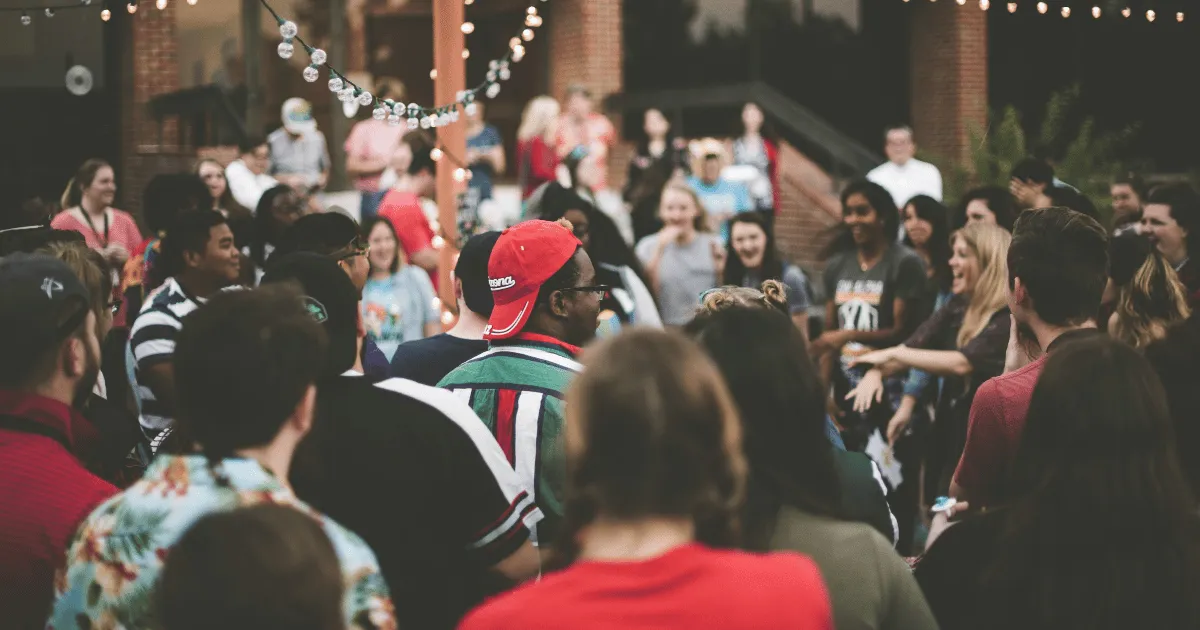
The Refugee Dream Center, with a grant from the Department of Public Safety Grant Administration Office, has developed a program called Breaking Barriers, which will train refugees living in various communities within Rhode Island to help deliver access to vital services, including mental health services, to vulnerable refugee communities.
“It’s a combination of two ideas,” said Refugee Dream Center Executive Director Omar Bah. “Survival leaders, [refugees] who survived the violence one way or another, and now they are supporting their own communities.
“At the Refugee Dream Center we model that because most of us are former refugees, but on the weekends and at odd hours we are not home,” continued Bah. “But it is very likely that Achmed or Kamal will be living in the same apartment building as other families, and those families can be seeking help at any time.
“So that’s the grassroots approach were are modeling here.”
Breaking Barriers is about helping refugees access basic public services, including health care, jobs, housing, domestic violence intervention, and education.
“We see ourselves as a vulnerable and hard to reach population,” said Bah. “It is difficult to reach refugees and support them at every level.”
By training individuals within the various refugee communities n Rhode Island, Bah hopes to provide needed access. The eight people in the first class will be empowered through resources and skills building to continue the work of the Refugee Dream Center after hours and in places where the Center cannot easily reach.
The refugees being trained in this program will collaborate across cultures, to best deliver needed services. “Somebody from Somalia or somebody from Syria can help each other,” said Bah. This will help build bridges between communities.
In some communities, said Bah, “there’s an inability to access health services, or all the services, because people don’t know where to get it, don’t know what it is. Some people don’t know that mental health is health care. Some of our communities don’t know that. They think mental health is something that demons are doing to you or spirits are doing to you. So just being able to have someone from the same community, someone who looks like you talking to you about these things makes a lot of difference.”
Read the entire story featuring grantee Refugee Dream Center.


